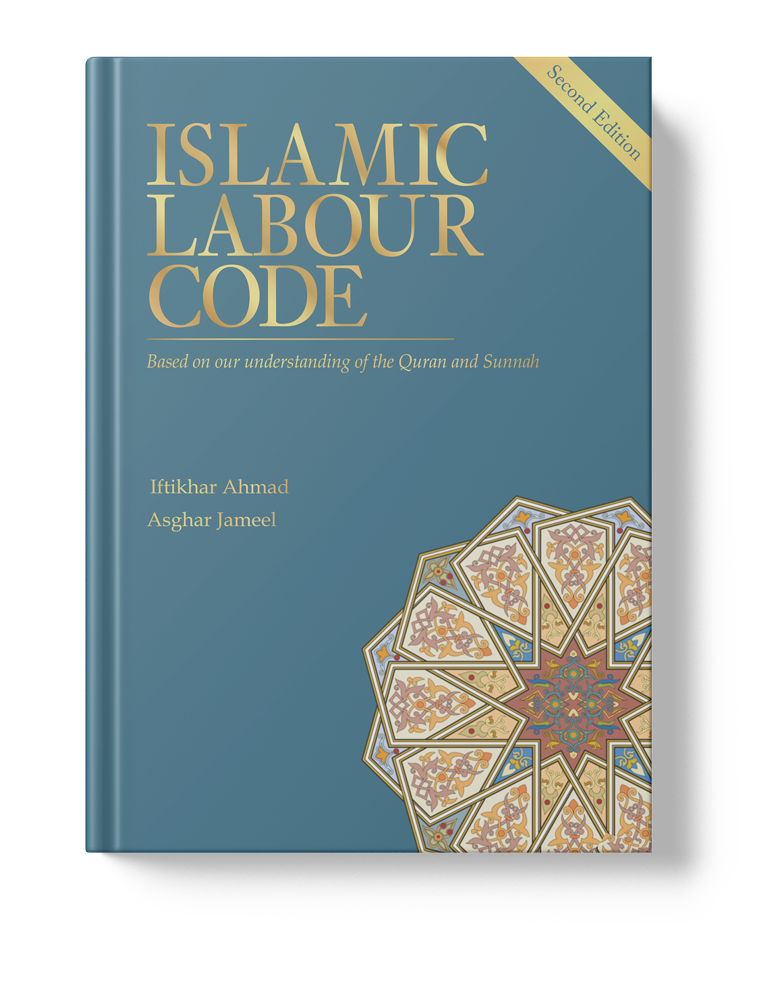
ISLAMIC
LABOUR
CODE
Based on our understanding of the Quran and Sunnah
Based on our understanding of the Quran and Sunnah
Based on our understanding of the Quran and Sunnah, the Islamic Labour Code is the prototype legal instrument, ready for adoption or adaptation by governments in Muslim countries as well as progressive enterprises worldwide, willing to embed Islamic teachings in their organizational cultures.


